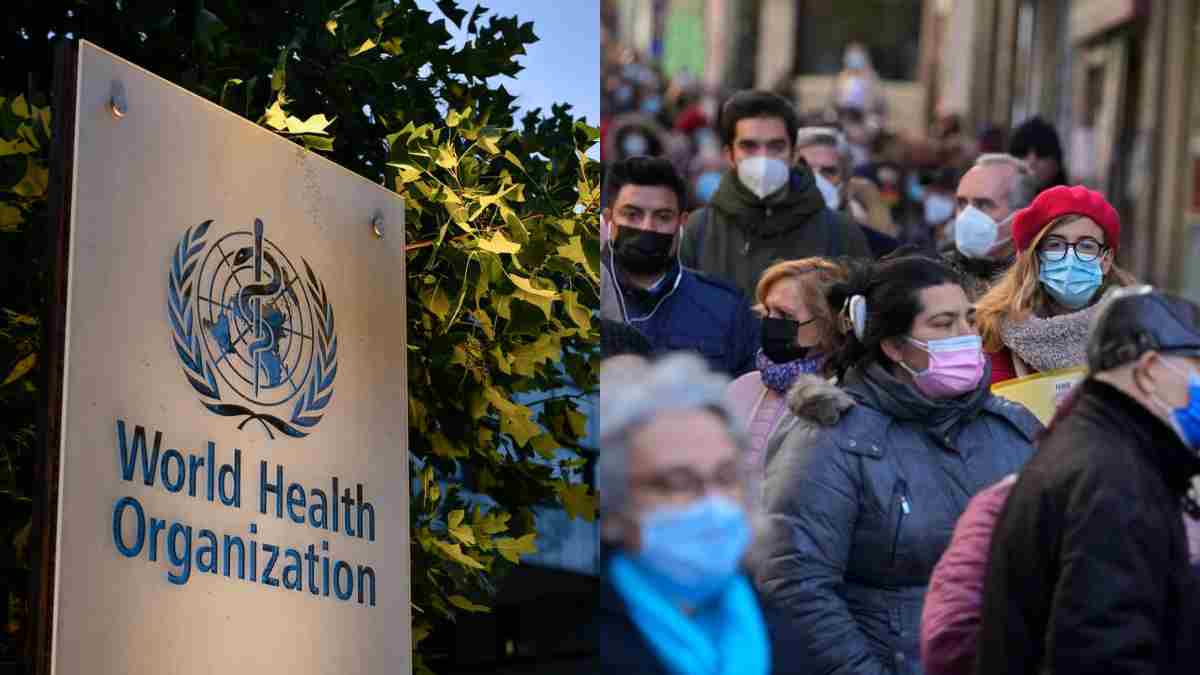International
The report came out on the occasion of International Day for the Elimination of Violence Against Women…
Digital Desk: According

Digital Desk: In the next six to eight weeks, more than half of Europeans might be infected with the Omicron version of the coronavirus amidst "a new west-to-east tidal wave sweeping across the region", according to the World Health Organization.
"The region saw over seven million cases of Covid-19 in the first week of 2022, more than doubling over two weeks," Dr Hans Kluge, the agency's regional director for Europe, said at a news conference.
While coronavirus vaccines are still very effective at preventing serious illness and death, the agency warns against treating the virus-like the seasonal flu, because there is still a lot of unknown information, especially about the severity of the disease in areas where vaccination rates are low, such as Eastern Europe.
Booster shots have been a source of concern for the World Health Organization for months. Still, Dr. Kluge said on Tuesday that they would play an important role in protecting the world's most vulnerable people from severe disease and that they should also be used to protect health workers and other essential employees, such as teachers.
While much of the public debate has focused on whether this is the right time for governments to treat the coronavirus as an endemic disease, removing most restrictions and allowing people to manage risk in the same way they do with influenza, the World Health Organization has said it is too early to call the virus endemic.
According to Catherine Smallwood, a W.H.O. senior emergency officer, one of the important elements in calling the virus endemic was a sense of predictability.
"We are still ways off," she said. "We still have a huge amount of uncertainty."
Dr. Kluge went on to say that there were simply too many unknowns, such as the severity of Omicron in unvaccinated people and the likelihood of infection leading to "long Covid" symptoms.
"I am also deeply concerned that as the variant moves east, we have yet to see its full impact in countries where levels of vaccination uptake are lower and where we will see more severe disease in the unvaccinated," he said
Vaccination rates are substantially lower in the Balkans and Eastern Europe, where Omicron is just beginning to spread rapidly, than in Western Europe.
Dr. Kluge referenced Danish statistics showing how effective immunisations are despite the widespread infection. In the most recent wave, the rate of hospitalisation for unvaccinated patients was "sixfold higher than for those who were completely vaccinated in the week over Christmas," he said.
"Allow me to reiterate that the currently approved vaccines do continue to provide good protection against severe disease and death, including for Omicron," he said. "But because of the unprecedented scale of transmission, we are now seeing rising Covid-19 hospitalisations. It is challenging health systems and service delivery in many countries where Omicron has spread at speed and threatens to overwhelm in many more."
Leave A Comment